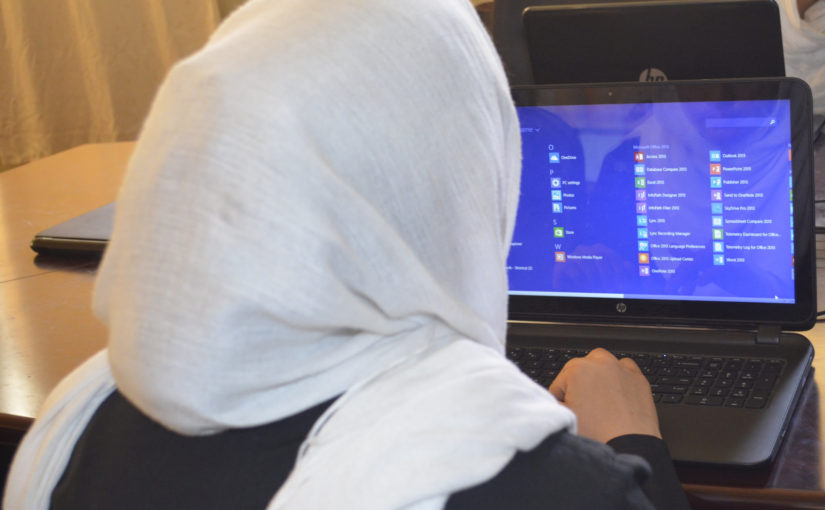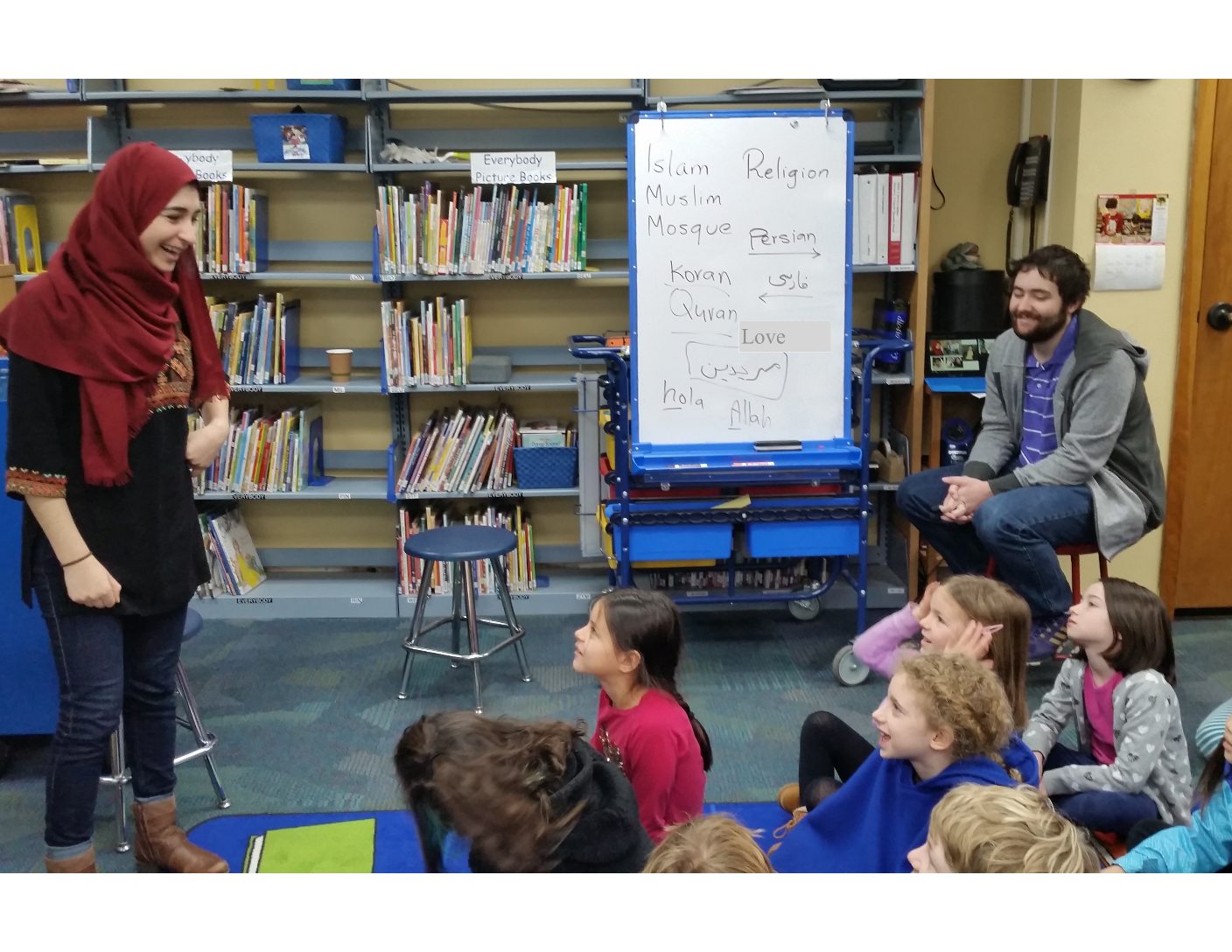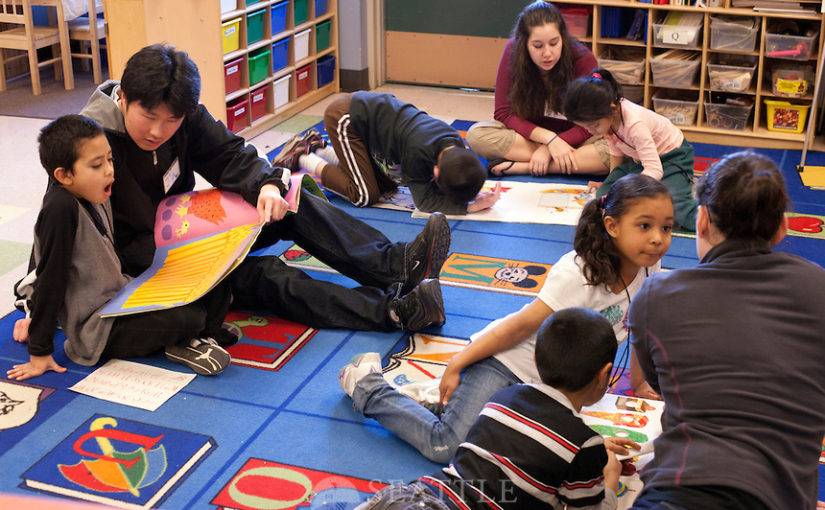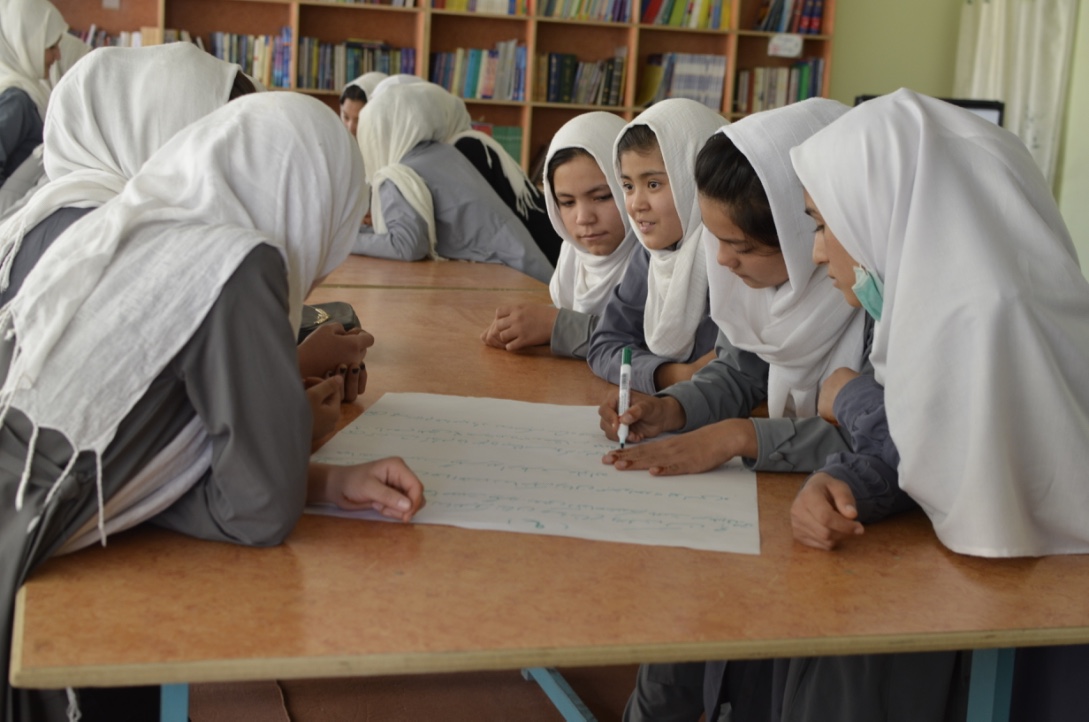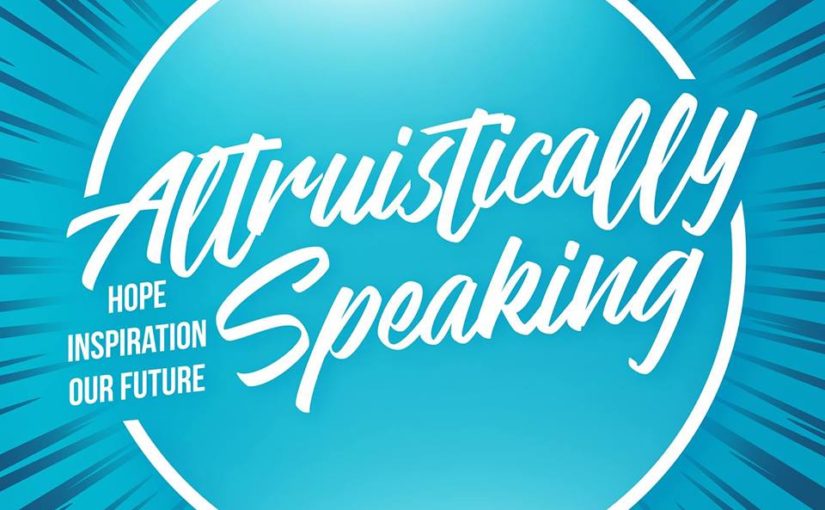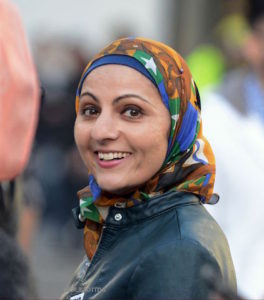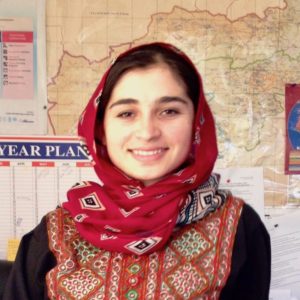By Ruth Yohannes (Sahar Intern)
Computer learning programs give students the opportunity to expand their horizons to learn skills they would not have the opportunity to acquire in the traditional classroom. Computer proficiency is increasingly indispensable in every job sector. For this reason, it’s important to make sure that learning centers are available to students, regardless of what neighborhood, city, or country they come from.
The computer literacy program was born out of Sahar’s dedication to empowering girls and helping them be more independent. In fact, it meets a high demand in high schools across Balkh province, in the northern part of Afghanistan. Sahar recognizes that Afghan girls need to be equipped with a strong set of skills in order to enter a competitive workforce where they are disadvantaged because of social stigma. The goal is to provide a model to be applied in all schools across Afghanistan by the Ministry of Education.
First opened in 2011, the computer centers served about 3,224 girls to date. They offer a 3-month long training, at the end of which the students are awarded a certificate of proficiency. Participants are chosen based on their grades and English skills. The program has been met with enthusiasm by teachers and students alike. “I am so happy that I participated in this class, because this program helped me very much with my school lessons. Before this class, I didn’t even know how to turn on the computer.”, says Fatima, a student from Roshana Balkhi High School.
In addition to interning at Sahar, I volunteer for a Seattle based elementary school also offers computer training to elevate student opportunities. Yesler Terrace computer center provides the Central District neighborhood youth a space where they can reflect on their surroundings. They have created the Yesler Youth media, which produces mini-documentaries on the unique lives of their community-home to folks from a wide range of ethnic background. The program allows them to be creative, and to explore STEM projects that are not available to them at school. “I like using the computers here because I don’t have one at home”, says Maraki, a 5th grader at Bailey Gatzert Elementary School. “I was able to use it to make a project for school”.
Computer learning centers provide opportunities for students who do not have the resources to use them at home or at school. Afia, a former student of the computer center in Gawhar Khaton High School, says “now, when I want to work for a company, I don’t have any problems. I can do administrative and financial work on the computer”.

